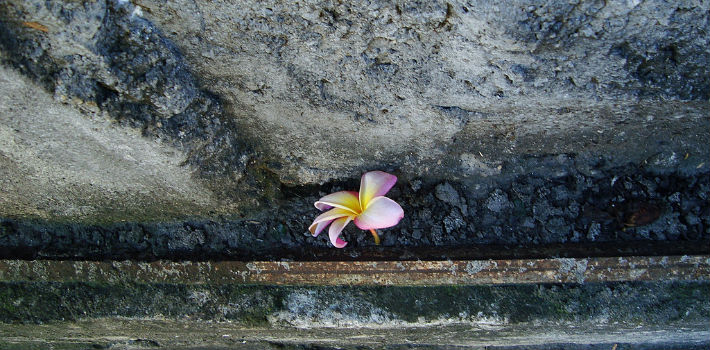
EspañolLiberty allows an individual to live according to his nature, and to act in his own interests. It’s what sets independent human beings apart from sacrificial animals or slaves.
A man willing to live by his own means — not at the expense of others — must exercise his freedom to think, to choose, to express himself, to join in partnerships, and to produce. He must be free from any physical or psychological coercion that may restrict his capacity to execute actions that guarantee his survival.
However, the importance of liberty and its true meaning is not clear to all. Consequently, innocent people fall victim to messages that convince them that acting freely will turn them into criminals.
Why criminals? Because by exercising their rights, they are violating some “law” that previously prohibited it — a law that the government instituted under the “common good” doctrine.
Guilty or not, consciously or not, those who value liberty will always find a way. Individuals will leap over the tyrannical hurdles imposed on them, and in the worst cases, with numerous lives lost along the way.
The opening credits of Ridley Scott’s Robin Hood begins with the quote: “In times of tyranny and injustice, when law oppresses the people, the outlaw takes his place in history.”
History shows that whenever liberty is threatened, a countermeasure will emerge. For example, all prohibitions or legal restrictions on speech, movement, or trade — the purchase, consumption, or distribution of certain products — have always had an equal and opposite reaction: contraband, illegal immigration, tax evasion, etc.
Some of these “crimes” are committed by honest men. Others are committed by the “Al Capones” of the world, who make millions through illegal trafficking, sometimes in cahoots with public officials themselves.
But to a system that does not respect liberty, all rebels are criminals: those who flee from Cuba to Miami; the Somali-born activist Ayaan Hirsi Ali, who fled and criticizes Islam’s ideals and practices; Argentineans who refuse to give up more than 60 percent of their time, effort, and productivity to the state; the smuggler who conceals from customs officials the iPhone he recently purchased abroad.
Pay close attention to the sort of people the state labels criminals, and this will tell you much more about the nature of the government than the alleged offenders.
Take a look inside the prisons. If you see murderers and rapists, it means justice is in working order. But if you see men and women who have spoken out against their government — who have attempted to exercise their liberty — then you can be sure the state is perverse and immoral.
“Give me liberty, or give me death,” said Patrick Henry.
Cuba is the best example of how freedom will continue to “escape,” and where tyranny categorizes those who risk their lives — on rafts, surf boards, an airplane’s cargo, or a DHL box — to find their way to freedom, as “criminals” and “worms.”
Clearly, freedom was worth the risk for the millions living in exile, and for the thousands who died attempting to escape “paradise.”
A Brief Note to Tyrannical Governments in Latin America
Starting now, let’s call things as they are.
Call yourselves worms and criminals, since you dare tell the rest of us how we must live our lives and trample over our freedom everyday from the comfort of your throne.
Go ahead, call us outlaws. We accept the term, because it’s true that we will exercise our right to be free and live outside of the perverse, tyrannical laws you have created based on a lie.
Know that we will continue to rebel, because it is our moral duty to disobey unjust laws.
Liberty will always find a way. Always.
 Versión Español
Versión Español













